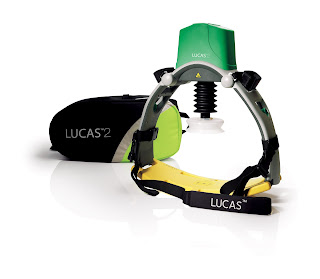Journal Club Summary
Methodology Score: 4/5
Usefulness Score: 3.5/5
Perkins GD, et al. Lancet. 2015 Mar 14;385(9972):947-55
This was a cluster-randomized, pragmatic trial looking at mechanical CPR with the LUCAS-2 device versus manual CPR for non-traumatic out-of-hospital arrests. The study concluded that the LUCAS-2 device does not improve outcomes in cardiac arrest and the routine use of mechanical CPR devices is not recommended. The group felt that the authors used good methodology, and were impressed by the rigorous reporting. The use of Complier Average Causal Effect (CACE) Analyses is novel and would have been debated if the results had been significantly different from the intention-to-treat analyses. The group concluded that mechanical CPR does not improve outcomes, but clinically could still be useful in extreme circumstances (such as prolonged resuscitations for hypothermic arrests or long transport times).
By: Dr. Stephanie Barnes
Epi lesson
Trials of healthcare interventions are often described as either explanatory or pragmatic. Explanatory trials generally measure efficacy – the benefit a treatment produces under ideal conditions, often using carefully defined subjects in a research clinic. Pragmatic trials measure effectiveness – the benefit the treatment produces in routine clinical practice. Pragmatic trials generally reflect the reality of how the intervention will perform in everyday care. For more, see http://www.bmj.com/content/316/7127/285.full
By: Dr. Ian Stiell

Trackbacks/Pingbacks